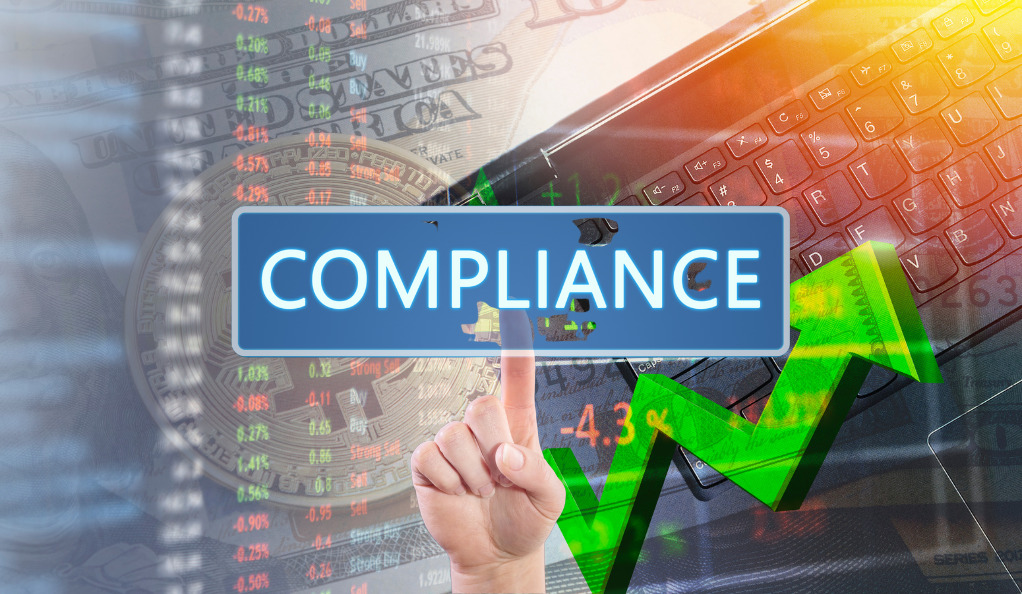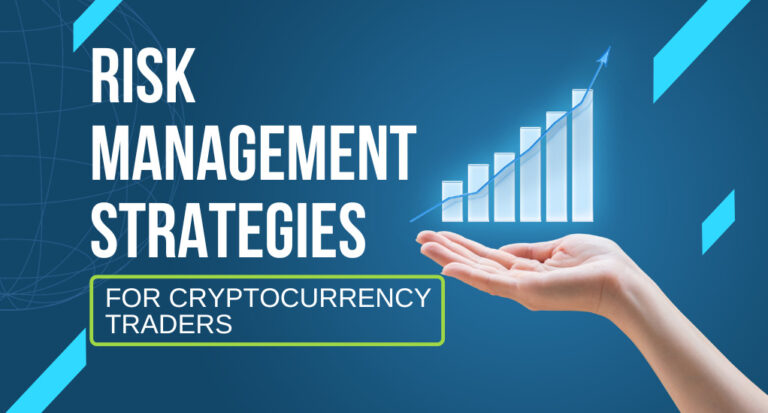Navigating the world of cryptocurrency compliance can be a daunting task, as the landscape is constantly evolving with new regulations and fines. With the increasing adoption of cryptocurrencies, governments and regulatory bodies around the world are stepping up their efforts to ensure compliance within this expanding realm. In this article, we will explore the growing landscape of crypto compliance and delve into the implications of fines and regulation in this space.

The Growing Landscape of Crypto Compliance
As cryptocurrencies gain widespread popularity, governments and regulatory bodies are increasingly focusing their attention on ensuring compliance within this sector. The complexity of crypto compliance arises from the decentralized nature of cryptocurrencies, which often operate outside traditional financial systems. This presents challenges for regulators, who are striving to strike a balance between protecting investors and consumers while encouraging innovation in the crypto space.
In recent years, many countries have introduced or updated their regulations to address the unique challenges posed by cryptocurrencies. These regulations cover areas such as anti-money laundering (AML), know-your-customer (KYC) requirements, taxation, and combating the financing of terrorism (CFT). Crypto exchanges and other service providers are now required to implement robust compliance programs, including customer identification procedures and transaction monitoring systems, to ensure adherence to these regulations.
Understanding the Implications of Fines and Regulation
Failure to comply with crypto regulations can have serious consequences, including substantial fines and penalties. Regulatory bodies are becoming increasingly vigilant in enforcing compliance and punishing those who violate the rules. Fines can be imposed on individuals, businesses, or even entire platforms, depending on the severity of the violation.
The amount of fines imposed for non-compliance can vary widely, ranging from thousands to millions of dollars, depending on the jurisdiction and the nature of the violation. In addition to monetary penalties, regulators can also impose other sanctions, such as suspending or revoking licenses, freezing assets, or even initiating criminal proceedings in severe cases.
As the crypto industry continues to mature, compliance with regulations becomes more crucial than ever. It is essential for individuals and businesses operating in the crypto space to stay informed about the evolving regulatory landscape and ensure they have robust compliance measures in place. Adhering to regulations not only helps protect investors and consumers but also fosters trust and legitimacy within the cryptocurrency ecosystem. By navigating the realm of crypto compliance and understanding the implications of fines and regulation, stakeholders can contribute to the long-term stability and growth of the industry.
At axerunners.com, our goal is to furnish well-rounded and trustworthy information regarding cryptocurrency, finance, trading, and stocks. Nonetheless, we avoid providing financial advice and instead encourage users to conduct their own research and meticulous verification.
Read More












